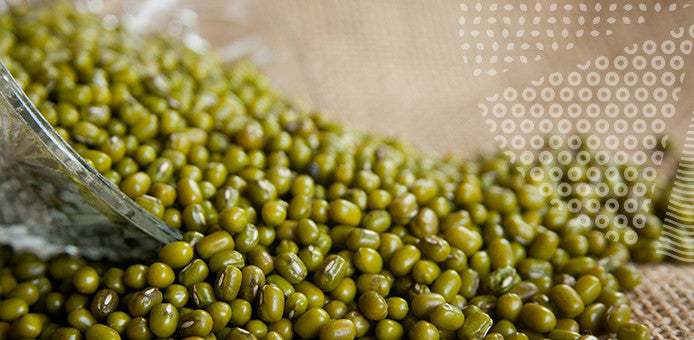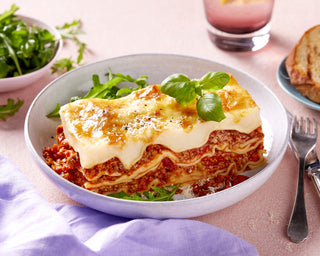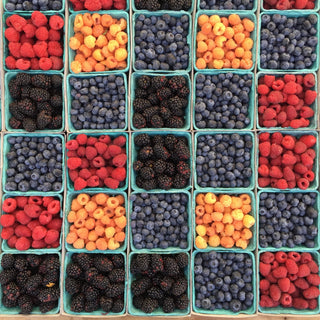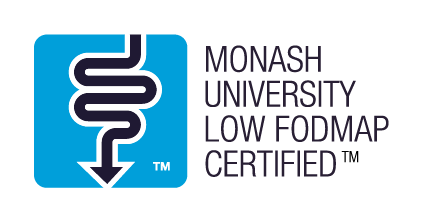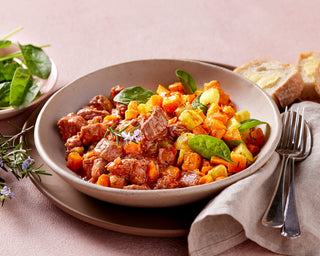What are antioxidants?
An antioxidant refers to a compound that prevents free-radical damage. More specifically, it refers to the function of the compound, rather than the compound itself, as something can act as an antioxidant in one reaction, but an oxidant in another. The antioxidant function works by donating electrons to free-radicals. Free-radicals are a by-product of foods that our body breaks down, as well as pollutants in our environment such as cigarette smoke and sun damage. Unfortunately we cannot avoid them completely. They have an incomplete shell, making them unstable and highly reactive. This instability can result in damage to the cells of our body. This may appear in aging of our skin, decline in organ function and can also be implicated in chronic disease. Antioxidants donate their electrons to make them less reactive and therefore less damaging. There are many different types of antioxidants each behaving in a unique way, but they are predominately found in fruits, vegetables and wholegrains. The supplementation industry has taken full advantage of the power of antioxidants and a myriad of pills, powders and skincare regimes are now available as a result. What many people don’t realise is, that most of us can get all the antioxidants that our body needs from our diet, no pills required! Vitamin A, or retinol, for example, is found in many antiaging products, but is also found in high amounts (in its beta-carotene form) in orange vegetables such as carrot, sweet potato and pumpkin as well as green leafy vegetables . Some other common types that you might have heard of include: lycopene found in tomatoes, anthocyanins in berries, flavonols found in tea, cocoa and red wine, and Vitamin E found in sunflower seeds and oil, to name a few.
